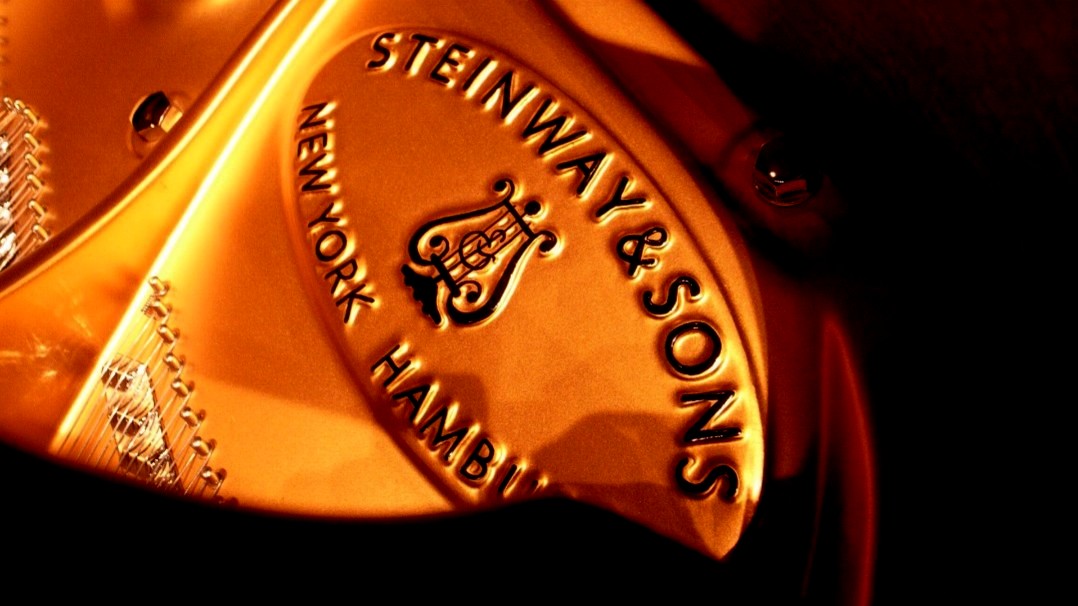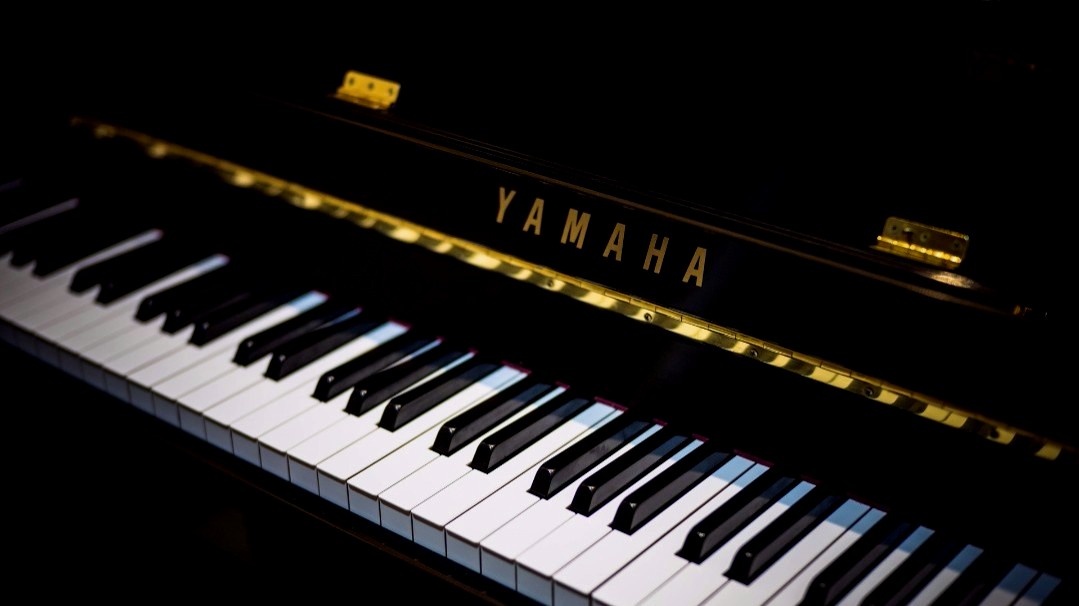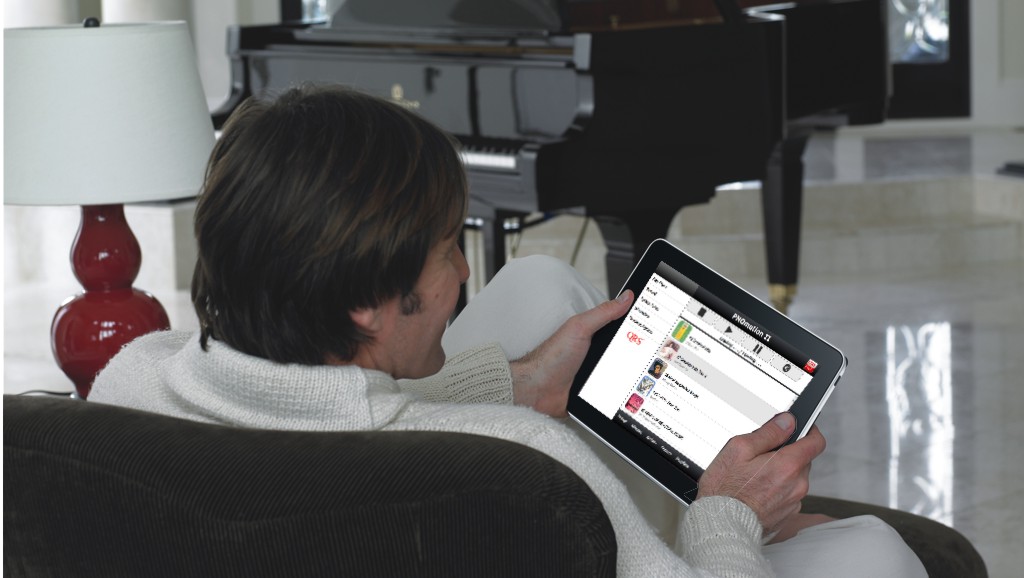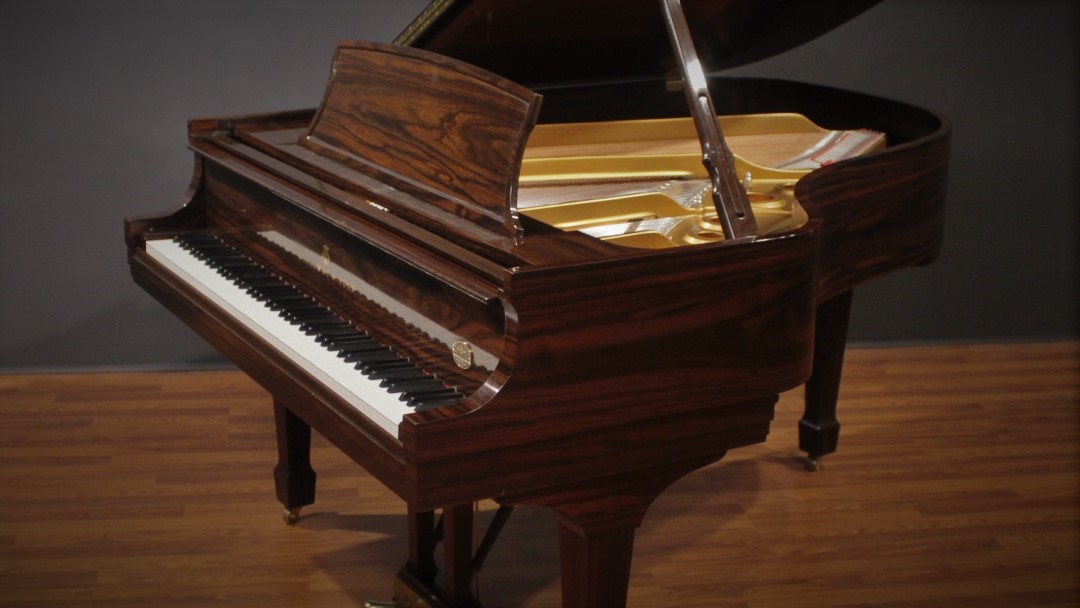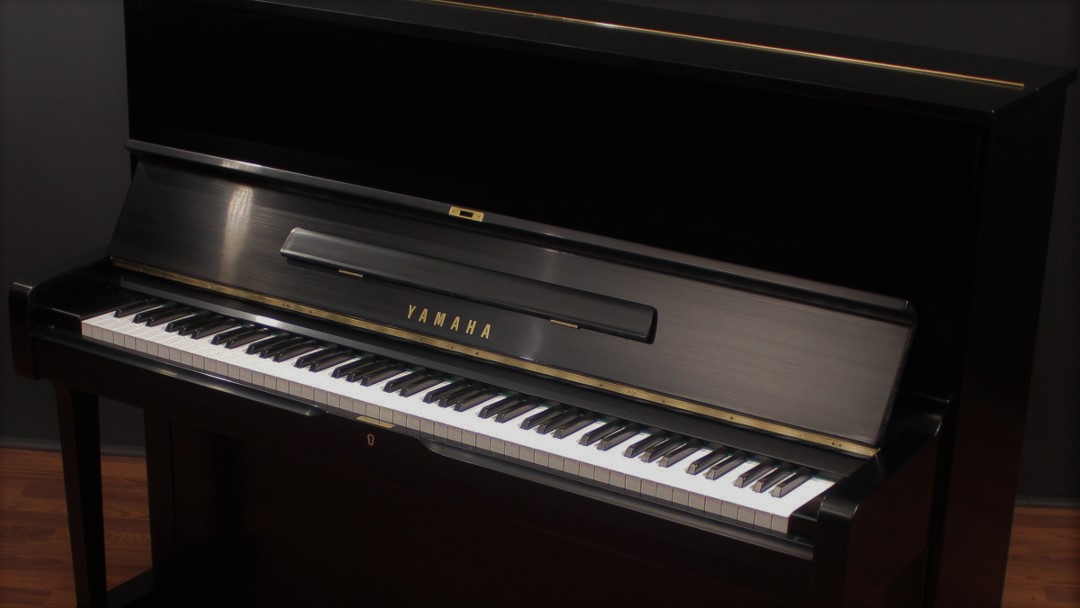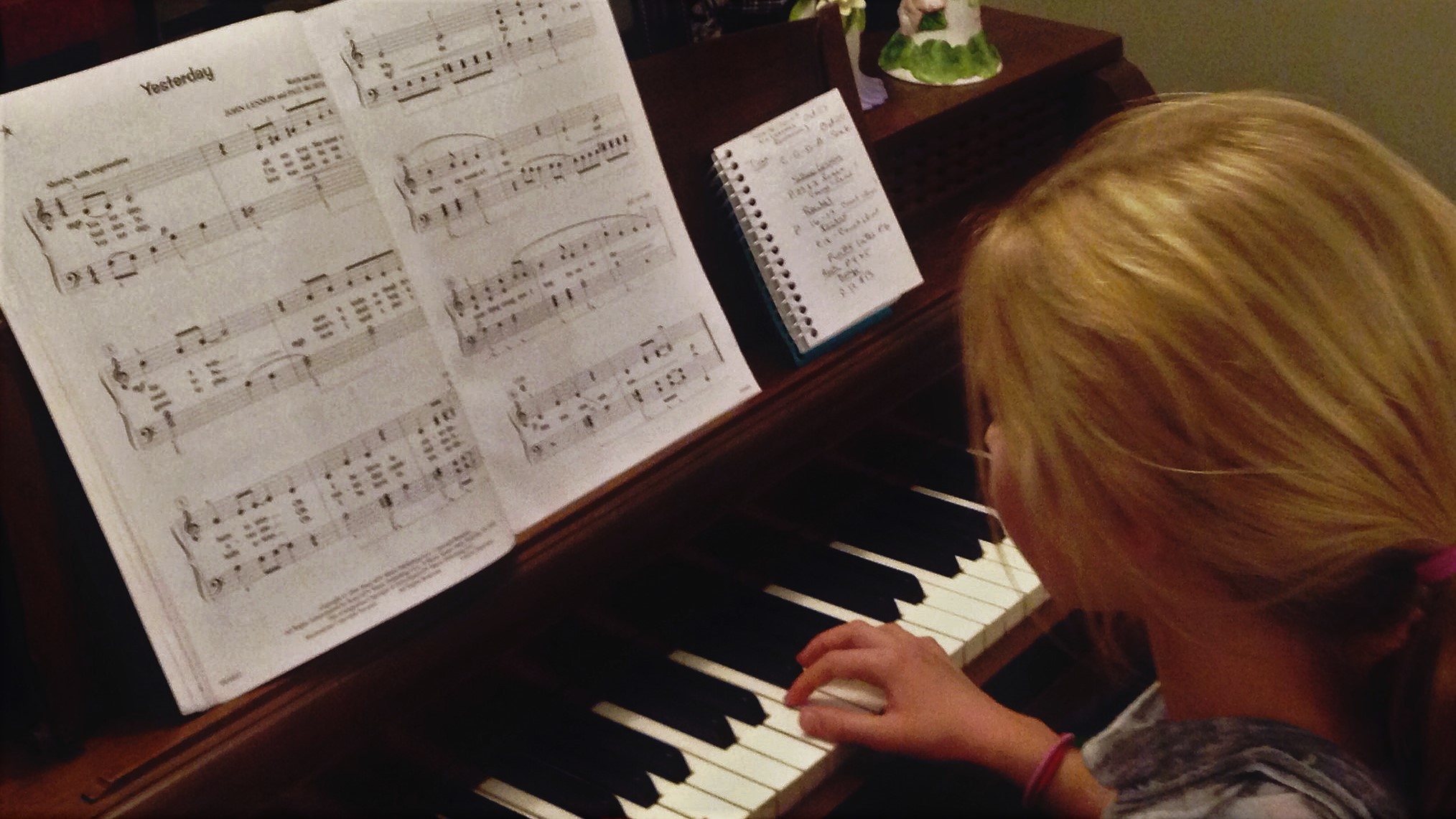Think a used piano won't last? Think again - this article reveals how a used piano can outlive your car, match your house, and even rival your lifespan!

Shopping for a used piano can be a journey filled with both anticipation and uncertainty. As a potential buyer navigating through this unfamiliar territory, it can be challenging to assess the value and longevity of these musical instruments. The process can be daunting, especially when faced with industry jargon and various narratives about the lifespan of a piano.
Before we delve into the lifespan of a piano, it's important to address some of the common mistakes shoppers make, as well as the misleading narratives that circulate within the piano industry.
One of the most common pitfalls in this process is the tendency for buyers to draw parallels between pianos and cars, largely due to their similar price points. However, this analogy, despite seeming intuitive, is far from accurate and can often lead to misconceptions, confusion, and potentially, regretful purchasing decisions.
Unfortunately, some piano dealers, particularly those specializing in new pianos, have a financial incentive to cast doubt over the condition of used pianos. Their objective is often to nudge potential buyers towards the higher-priced, new pianos. They may insinuate that used pianos, due to their age, are likely to have numerous problems, thereby escalating maintenance costs.
Did You Know?
We've been serving the music community since 1929, and we recently welcomed the third generation of the Caruso family into our business. Read about our history.
Yet, when you step back and take a closer look, the reality of piano aging is quite different. In fact, it's more accurate to compare the aging process of a piano to that of a house or even a human being. A well-crafted piano, like a well-built house, is designed to stand the test of time. Quality, well-built pianos, when given the right care and attention, can remain in excellent condition for 70 years or more without needing complete restoration.
To illustrate this point, let's consider the renowned Steinway & Sons pianos, whose craftsmanship is often considered a benchmark in the industry. Many Steinway pianos from the early 20th century are still in circulation today, over a hundred years later, demonstrating not only their endurance but their ability to retain their musical quality over time. These instruments might require regular maintenance and occasional part replacements, but so does a house, and indeed, a car.
This lifespan is not exclusive to luxury brands. Many quality pianos from reputable manufacturers can boast a similar durability. Yamaha and Kawai, for example, are known for creating robust and reliable pianos that, with proper maintenance, can serve generations of musicians. That's why we refer to these as Performance-Grade Pianos.
That said, the key to a piano's longevity lies in its care and maintenance. Regular tuning, maintaining optimal humidity, and addressing minor repairs promptly can significantly extend a piano's lifespan. Much like a house needs regular upkeep, or a human body requires consistent care, a piano is no different.
When considering the purchase of a used piano, keep in mind that these instruments are built to last. Don't let the age of a piano deter you; instead, consider it as a testament to its quality and resilience. With proper care and regular maintenance, a used piano can offer you a melodious partnership for many years to come.

